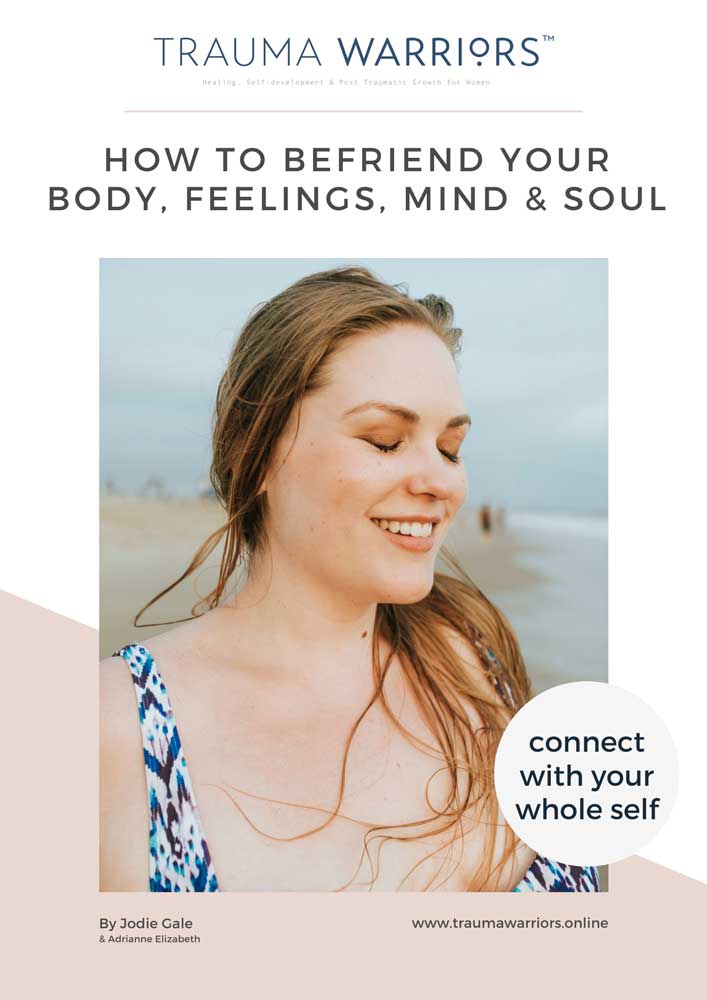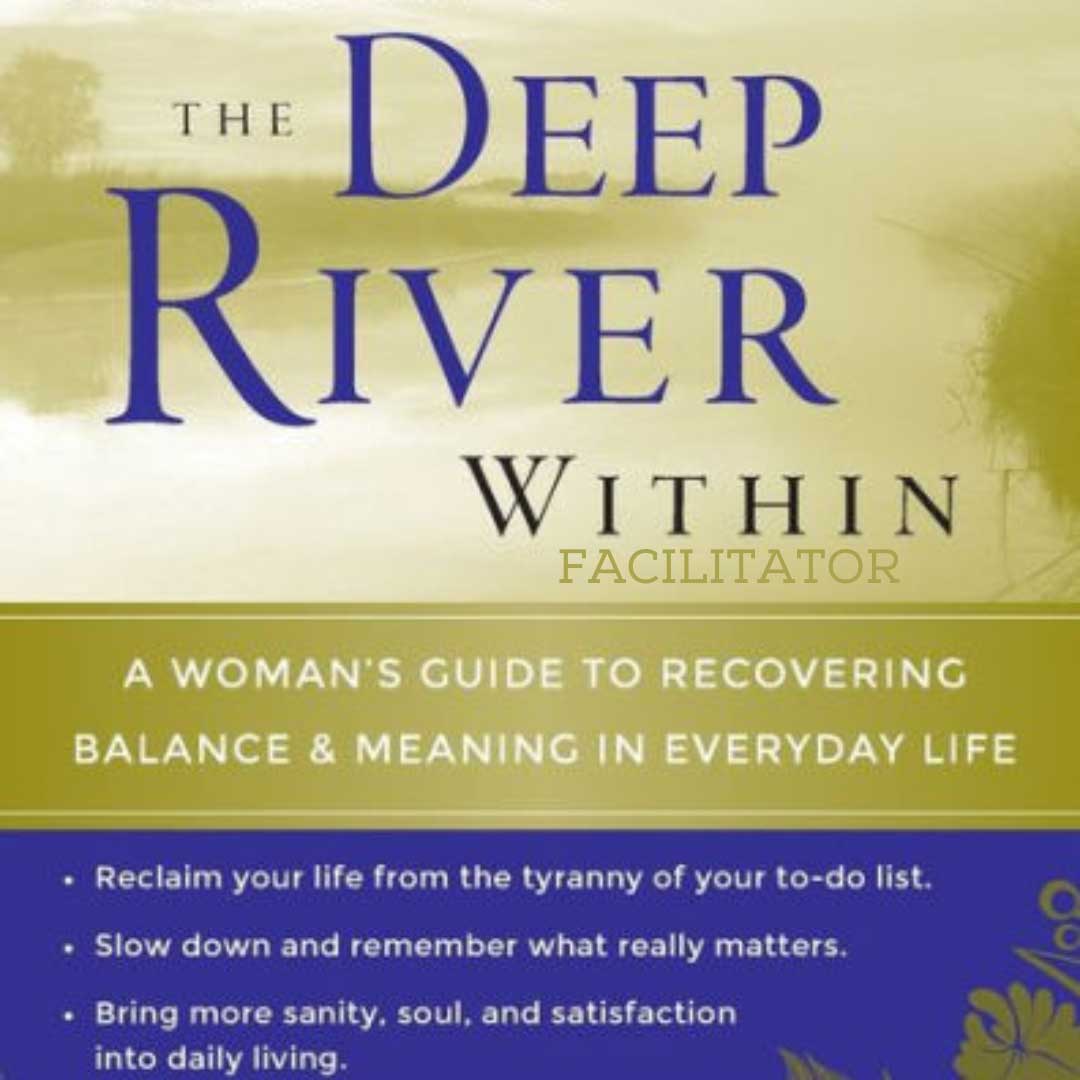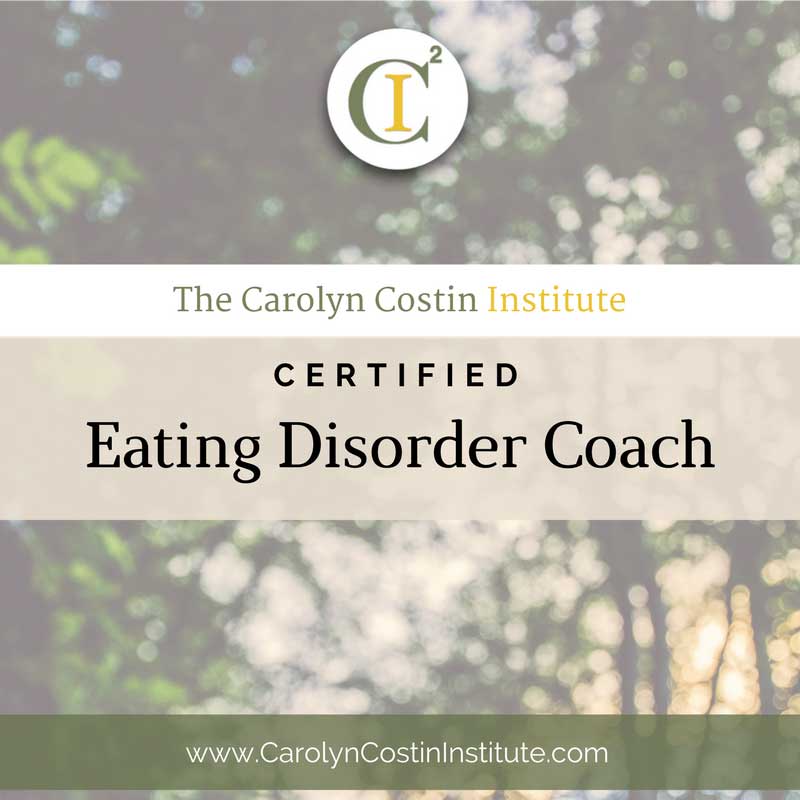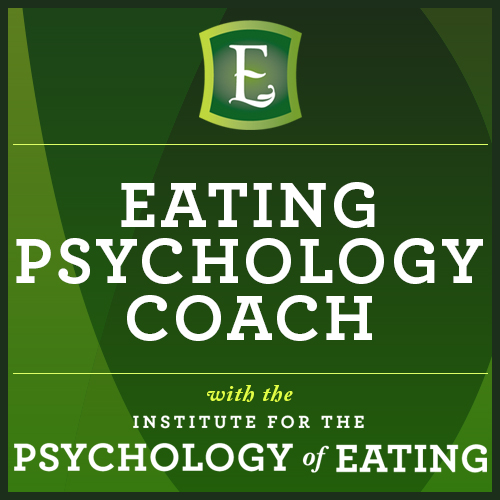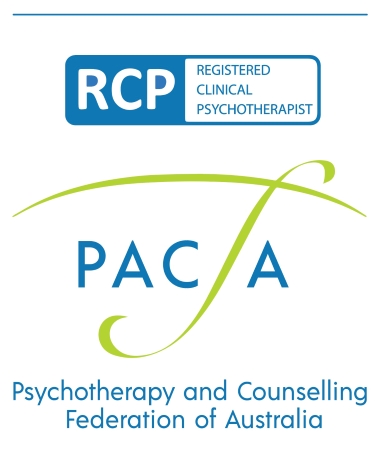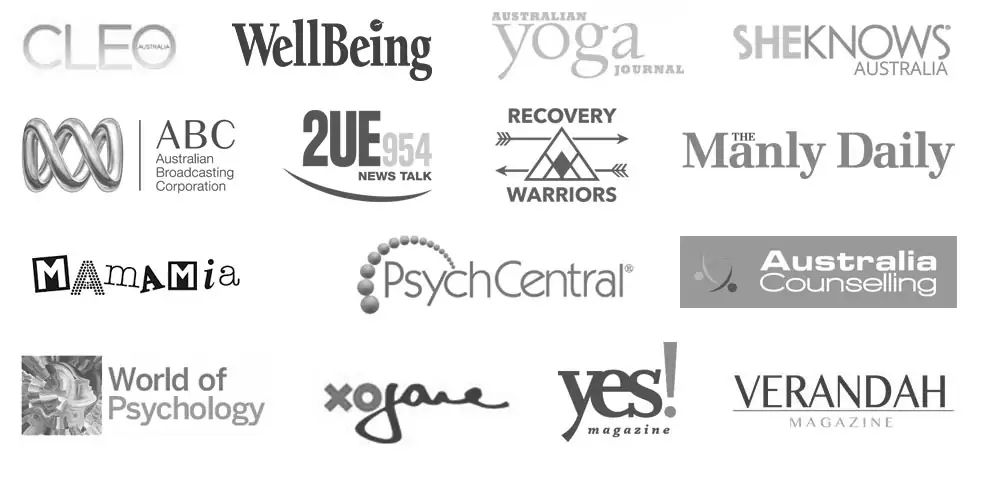
Welcome to my blog post, A Guide for Daughters of Narcissistic Mothers at Christmas and other Holidays.
The holiday season is often portrayed as a time for joy, love, and celebration, but for daughters of narcissistic mothers, Christmas can be a challenging time filled with complex emotions and strained relationships. In a world where the mother-daughter bond serves as a blueprint for all future connections, the impact of a narcissistic mother on the daughter’s sense of self is traumatising. Building on an earlier post about mother-daughter relationships, this post will explore the unique struggles daughters face during the festive season and offer guidance on setting boundaries and finding solace.
Why Christmas is Difficult for Daughters of Narcissistic Mothers
The festive season often magnifies existing tensions, making it crucial for daughters to understand why Christmas can be particularly challenging. Daughters of narcissistic mothers may find themselves trapped in unrealistic expectations, haunted by a harsh inner critic, and struggling with a lack of self-acceptance. The desire for genuine connection, acknowledgment, and the feeling of being seen and heard becomes more acute during the holidays, intensifying the wounds inflicted by growing up in a narcissistic family system where the mother’s (or father’s) feelings and needs were primary to the child’s.
Setting Boundaries
Setting boundaries with a narcissistic mother is a daunting task, primarily because the daughter may carry a deep-seated fear of rejection, abandonment, or disapproval. To navigate this process, daughters can consider the following boundaries:
Time and Space:
Empower yourself by making conscious choices about when and how much time you spend with your mother during the holidays. Create a schedule that prioritises your well-being and allows you the space to nurture your own mental and emotional health. Remember, setting boundaries is not only a right but a crucial aspect of self-care. It’s an acknowledgment that your feelings and needs are valid and deserving of consideration.
In doing so, recognise that you don’t have to feel guilty for taking space. Sometimes, the dynamics of a relationship, especially with a narcissistic mother, can lead to a sense of guilt when exerting your own feelings and needs. It’s essential to understand that something in your past, perhaps influenced by your mother’s behaviours, may have conditioned you to feel bad about prioritising your own well-being.
Choose to challenge these ingrained thoughts and feelings of guilt and remember that taking time for yourself is not a rejection. It’s an act of self-preservation. Establishing boundaries allows you to engage in a healthier and more fulfilling way, promoting a sense of balance during the holiday season. By creating a schedule that aligns with your feelings and needs, you honour your own space and provide yourself with the opportunity to enjoy the holidays on terms that foster your emotional health and overall happiness.
Emotional Boundaries:
When navigating interactions with your mother, it’s essential to proactively communicate your emotional needs and set clear limits, especially if you’ve experienced childhood emotional neglect. Clearly express to your mother what topics are off-limits or potentially triggering for you. Childhood emotional neglect may have left unmet emotional needs, and addressing these requires open and honest communication.
Start by acknowledging your own emotional landscape and identifying areas where you may need support or sensitivity. Communicate your boundaries with a focus on self-care and well-being. It’s not only about protecting yourself from potential emotional triggers but also about fostering a healthier and more respectful dynamic.
In sharing your emotional needs, consider using ‘I’ statements to express your feelings and experiences without placing blame. For example, you might say, ‘I find it challenging to discuss certain topics, and I need to set boundaries to protect my emotional well-being.’
Recognise that this is not a sign of weakness or an imposition on your part but a vital aspect of self-care. By clearly communicating your needs and limits, you create a foundation for more understanding and considerate interactions. It’s a proactive step toward fostering a connection that respects your emotional history and promotes a healthier relationship, acknowledging and addressing the impact of childhood emotional neglect.
One thing to keep in mind, however, is that if you have experienced childhood emotional neglect and narcissistic mothering, while it may be possible to express your feelings and needs, it doesn’t guarantee they will be accepted. Sometimes, the expression of needs results in further neglect, so please be kind and compassionate with yourself if things don’t go the way you want and need them to.
Self-Care Commitments:
In the midst of the festive season, it’s crucial to prioritise self-care as an integral part of maintaining your emotional well-being. Allocating dedicated time for activities that bring you joy and peace is not a selfish act; rather, it is a necessary and empowering step toward emotional wellbeing.
Many women, especially those with narcissistic mothers or a history of strained relationships, may grapple with feelings of selfishness when it comes to self-care. It’s important to recognise that these emotions might stem from past conditioning or a sense of guilt associated with prioritising your own needs.
Understand that practicing self-care is not a selfish endeavour; it’s an act of self-preservation. By taking time for activities that nurture your physical, mental, emotional and spiritual health, you are better equipped to navigate the challenges of the holiday season and maintain a sense of balance.
Create a self-care routine that resonates with you, incorporating activities that bring genuine joy and relaxation. Whether it’s reading a book, taking a nature walk, enjoying a hobby, or simply finding quiet moments for reflection, these actions contribute to your overall well-being.
If feelings of selfishness arise, challenge them by acknowledging that caring for yourself enables you to show up more authentically and positively in your relationships. Remember that prioritising self-care is not only beneficial for you but also enhances your capacity to engage meaningfully with others. It’s an investment in your emotional resilience and a powerful antidote to the narratives of selfishness that may have been ingrained over time.
Support System:
Building and maintaining healthy relationships can be a transformative journey, especially when early life dynamics have presented challenges. Recognising that relationships might have been difficult due to past experiences is the first step toward creating a foundation for healthier connections.
Surrounding yourself with a supportive network of friends or chosen family who genuinely understand your struggles can be invaluable. Seek out individuals who offer empathy, compassion, and non-judgmental understanding. These are the relationships that contribute to your emotional well-being.
When cultivating these connections, lean on your supportive network for emotional support when needed. Share your experiences, fears, and triumphs with those who have demonstrated a genuine interest in your well-being. Healthy relationships are built on mutual understanding, respect, and reciprocity.
In the process, be open and honest about your boundaries and needs. Clear communication is key to fostering relationships that are supportive and nurturing. Allow yourself the space to be vulnerable, expressing your feelings and concerns as you continue to grow and heal.
Remember, healthy relationships involve a reciprocal exchange of support. Be there for your friends or chosen family members just as they are there for you. This creates a dynamic of mutual care and strengthens the bonds that contribute to a positive and uplifting social environment.
Building healthy relationships is an ongoing process, and it’s okay to be selective about who you invite into your inner circle. Surround yourself with those who uplift, inspire, and understand your journey. In doing so, you not only create a supportive network but also lay the groundwork for relationships that contribute positively to your ongoing emotional and psychological well-being.
Why Setting Boundaries with Narcissistic Mothers at Christmas is Challenging
Setting boundaries with a narcissistic mother can be exceptionally challenging due to the lingering effects of narcissistic wounds. The daughter’s deep-seated longing for acknowledgment and validation, never fully realised in childhood, makes asserting oneself a formidable task. The fear of rejection or disapproval often holds daughters back from establishing healthy boundaries.
- Self-Reflection: Take time to understand your needs, desires, and triggers. Reflect on your identity separate from your mother’s expectations.
- Therapeutic Support: Seek the guidance of a skilled therapist specialising in complex trauma and inner child work. Therapy can provide a safe space for exploration and healing.
- Gratitude Practice: Acknowledge both positive and negative aspects inherited from your mother. Cultivate gratitude for the positive while fostering empathy for the negative.
- Assertiveness Training: Develop assertiveness skills to express your feelings and needs confidently. Learn how to communicate effectively and set boundaries without guilt. Non Violent Communication training is a good first step.
- Release and Acceptance: Release pent-up anger and pain through healthy outlets. Understand that your mother, too, carries her own wounds, and acceptance doesn’t mean condoning harmful behaviour. Instead of focusing on wanting your mother to change—an expectation that may lead to frustration and disappointment—shift your focus to accepting her as she is. Recognise that she may have her own struggles and limitations. Acceptance is about acknowledging the reality of the situation without surrendering your boundaries or well-being. It’s understanding that while you cannot change her, you can change how you respond to her behaviour. Acceptance empowers you to set healthy boundaries and prioritise your emotional health, even if it means creating some distance. Remember, acceptance doesn’t mean tolerating toxicity; it means choosing peace for yourself in the face of circumstances beyond your control.
- Mindfulness Meditation: Practice mindfulness to stay present in the moment and cultivate inner peace. Mindful meditation can help daughters detach from the turmoil of past interactions and focus on their own well-being. A consistent practice is one way to show up for yourself and sends the younger, wounded parts of you that you are worthy of time, space and care.
- Journaling: Keep a journal to express your thoughts, emotions, and experiences. Writing can be a therapeutic outlet, allowing you to gain clarity, process feelings, and track your personal growth.
- Creative Outlets: Engage in creative activities that bring joy and self-expression. Whether it’s painting, writing, dancing, or playing music, tapping into your creativity can be a powerful way to connect with your authentic self.
- Support Groups: Connect with others who share similar experiences by joining support groups or online communities. Sharing your story and hearing others’ journeys can provide a sense of validation, understanding, and solidarity. CODA – Codependents Anonymous has been helpful for many of my clients over the years.
- Self-Compassion Practices: Treat yourself with kindness and understanding. Practice self-compassion by embracing your imperfections and acknowledging that healing is a process. Offer yourself the same empathy you seek from others. Kristen Neff has many self-compassion resources on her website.
- Movement Incorporate regular physical activity and movement into your routine. Movement not only promotes physical health but also releases endorphins, which can improve mood and reduce stress. It offers a positive and proactive way to manage emotional challenges.
- Establishing Healthy Routines: Create routines that prioritise your well-being. Whether it’s a morning ritual, a self-care routine, or consistent sleep patterns, establishing healthy habits can provide stability and a sense of control.
- Self-Help Books: Explore self-help books focused on healing from a narcissistic mother, such as “It Didn’t Start with You,” “The Emotionally Absent Mother,” “Mother Hunger,” and more. You can find a curated list of recommended books for healing from a narcissistic mother at Trauma Warriors. Educate yourself through these resources to gain insights, coping strategies, and a deeper understanding of your experiences.
- Positive Affirmations: Incorporate positive affirmations into your daily routine. Remind yourself of your worth, strengths, and the progress you’re making on your journey to healing. Affirmations can help reshape negative self-perceptions. I Am Worthy of Love and Respect: Affirmation: “I am inherently worthy of love and respect. I release the belief that my value is determined by external validation. I embrace my uniqueness and acknowledge my worth.”
- Limiting Contact Strategically: You may need to assess and strategically limit contact with your narcissistic mother. This may involve setting specific boundaries on communication or choosing when and how to engage to protect your emotional well-being.
As daughters of narcissistic mothers at Christmas, it’s essential to prioritise self-care, establish boundaries, and embark on a journey of self-discovery and healing. Breaking free from the shackles of a strained mother-daughter relationship requires courage, resilience, and a commitment to one’s own well-being. By implementing these strategies, daughters can reclaim the joy of the holidays on their terms, fostering a sense of peace and empowerment. Remember, healing begins within, and the journey to wholeness is a profound act of self-love.




